50+ Sample Cover Pages
-
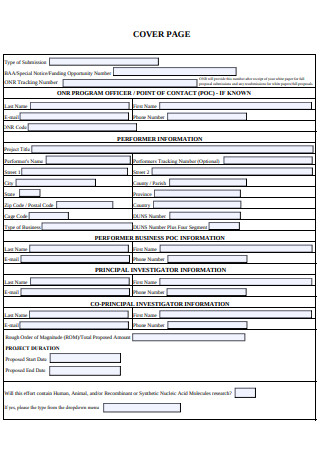
Cover Page Template
-
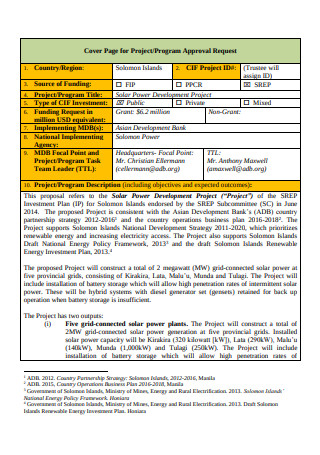
Cover Page for Project
-
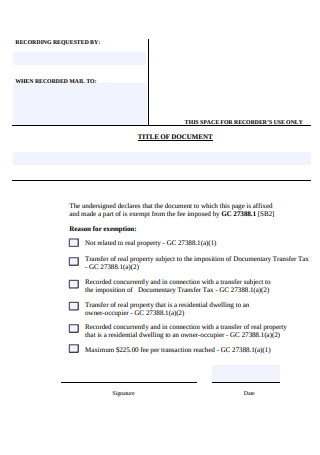
Recording Cover Page
-
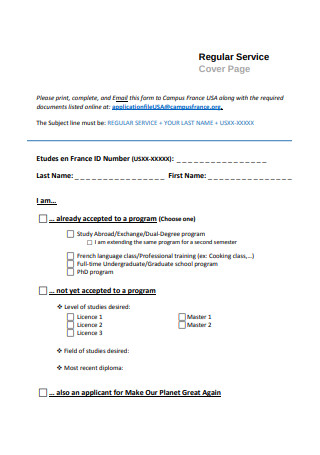
Regular Service Cover Page
-
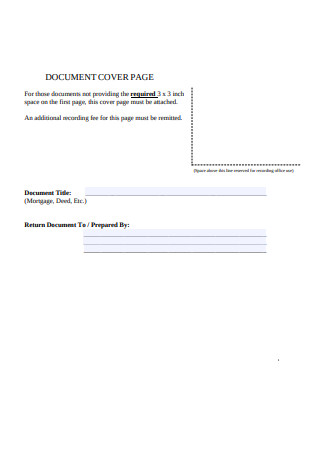
Document Cover Page
-
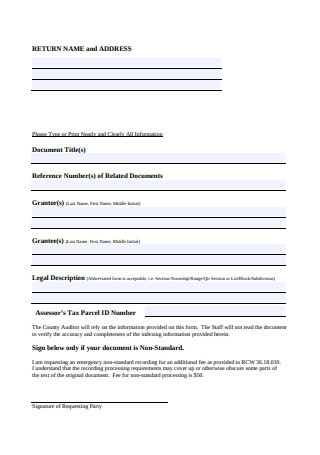
Sample Recording Cover Page
-
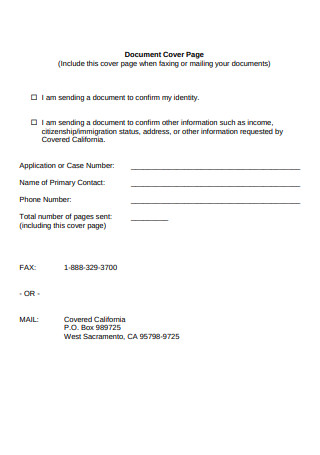
Sample Document Cover Page
-
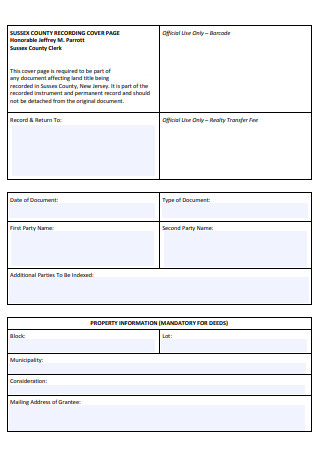
Simple Recording Cover Page
-
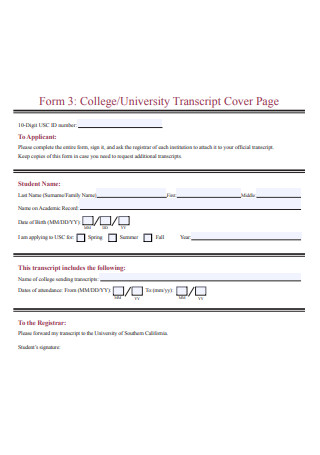
Transcript Cover Page
-
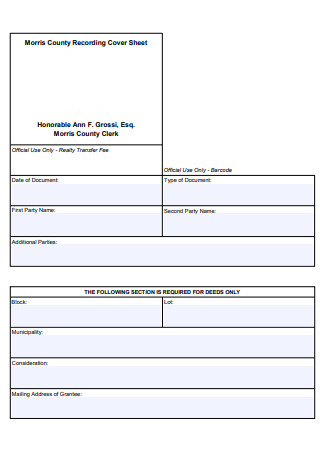
Recording Cover Sheet
-
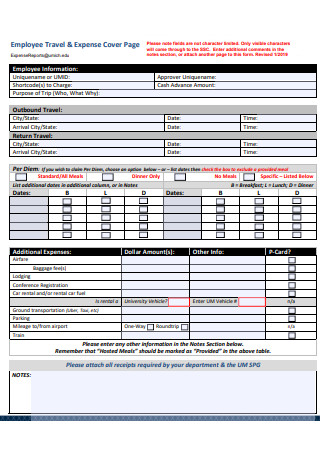
Employee Travel & Expense Cover Page
-
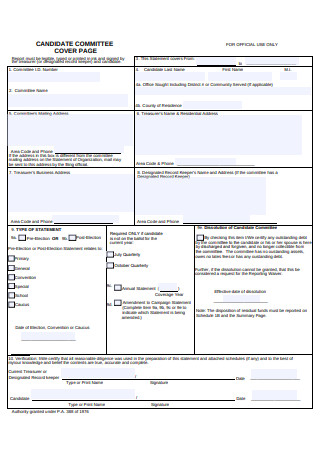
Candidate Committee Cover Page
-
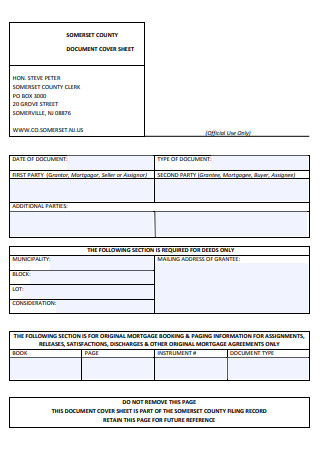
Document Cover Sheet
-
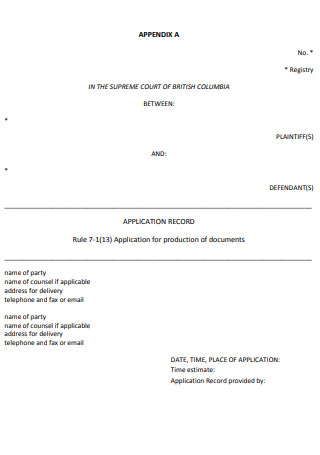
Appendix Cover Page
-
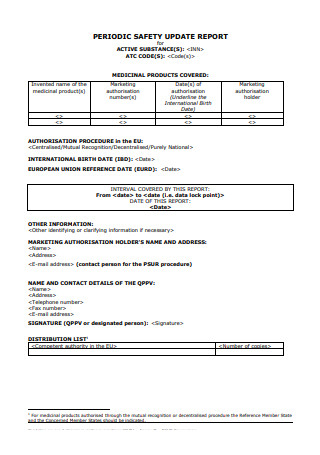
Reporting Cover Page
-
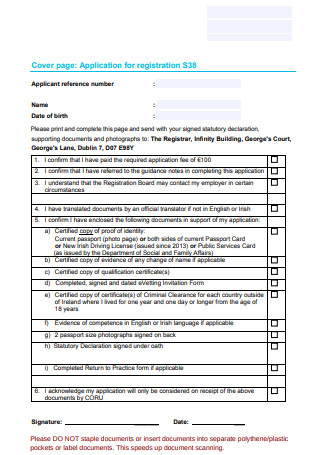
Application Cover Page
-
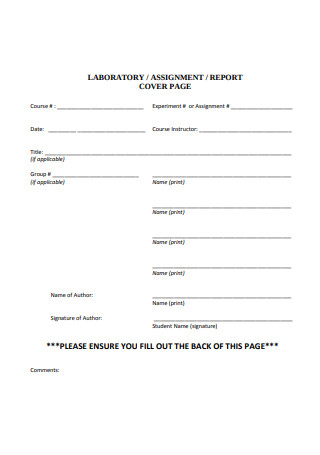
Laboratory Cover Page Sample
-
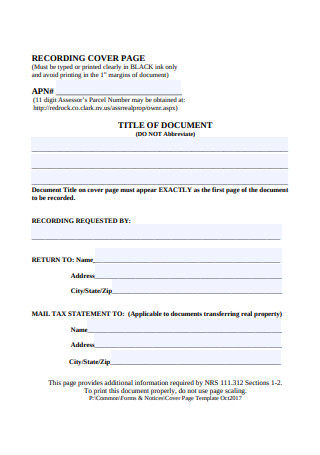
Sample Cover Page Template
-
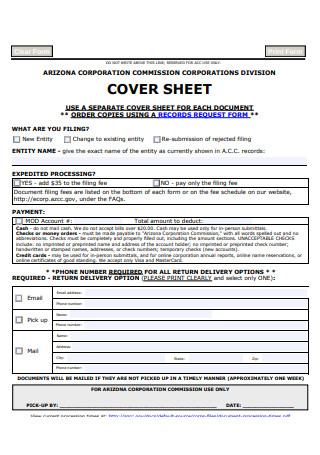
Cover Sheet Template
-
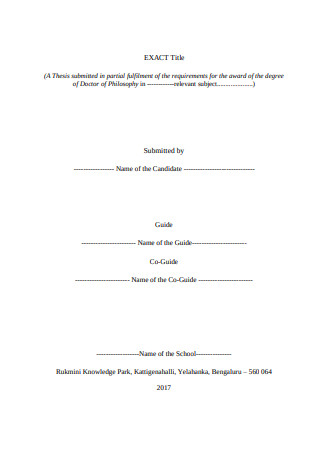
Cover Page Format
-
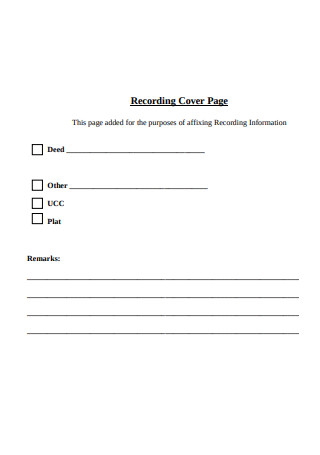
Formal Recording Cover Page
-
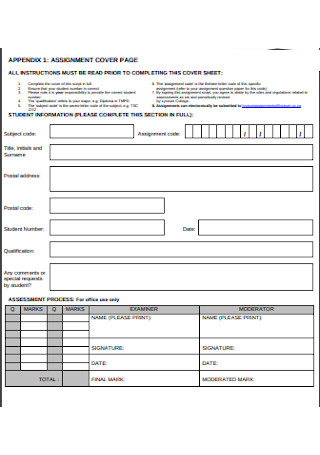
Assignment Cover Page
-
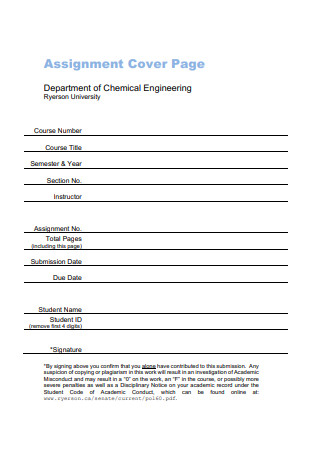
Assignment Cover Page Template
-
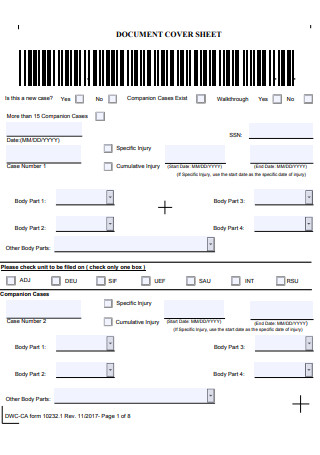
Document Cover Sheet Sample
-
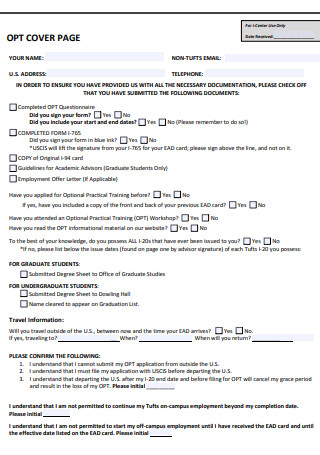
OPT Cover Page
-
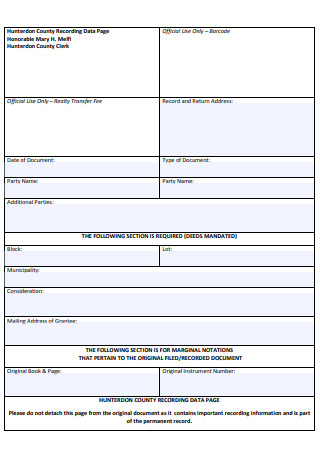
Data Recording Cover Page
-
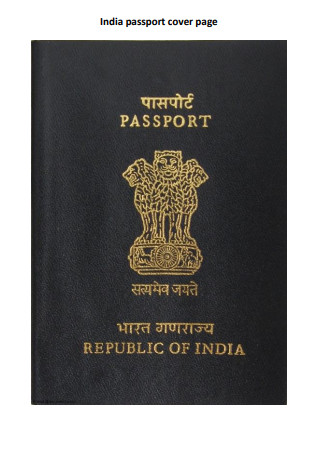
Passport Cover Page
-
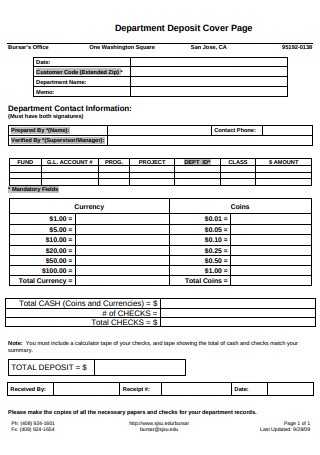
Department Deposit Cover Page
-
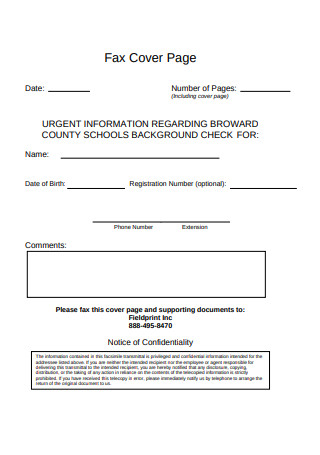
Fax Cover Page
-
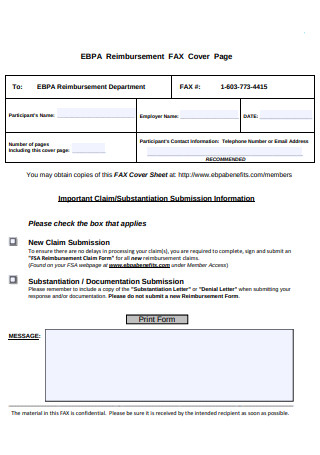
Reimbursement FAX Cover Page
-
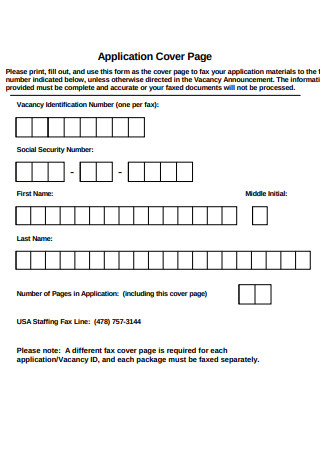
Sample Application Cover Page
-
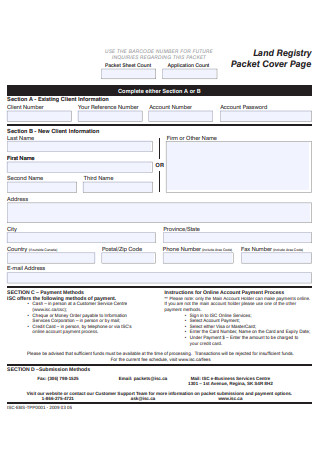
Land Registry Packet Cover Page
-
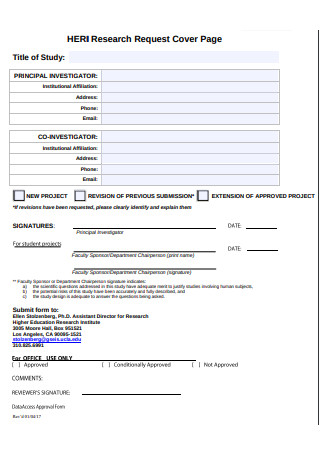
Research Request Cover Page
-
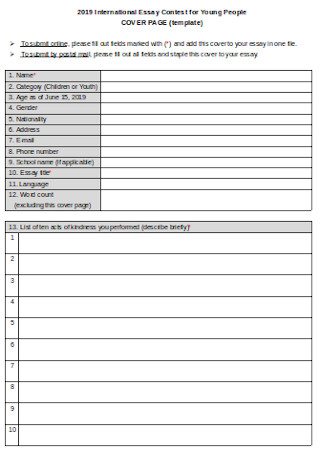
Simple Cover Page Template
-
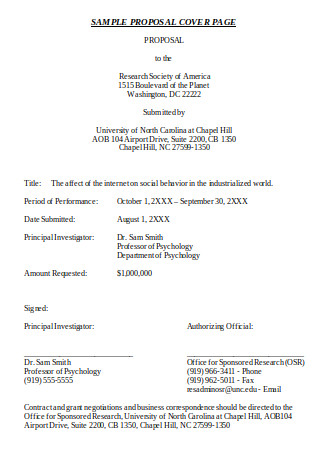
Sample Proposal Cover Page
-
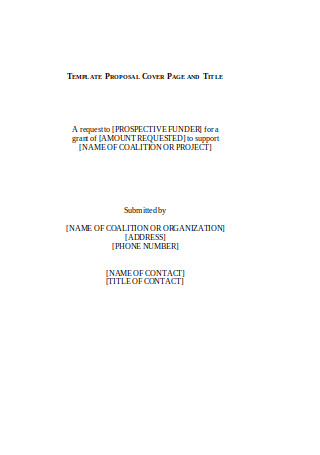
Proposal Cover Page and Title
-
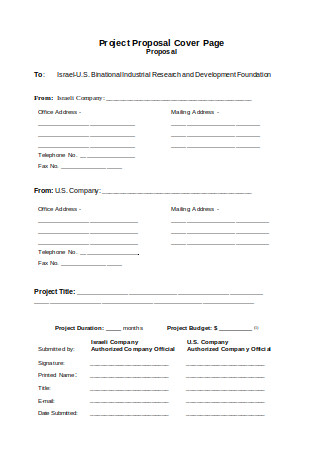
Project Proposal Cover Page
-
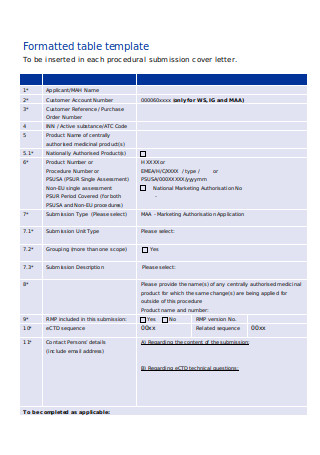
Template for Cover Letter
-
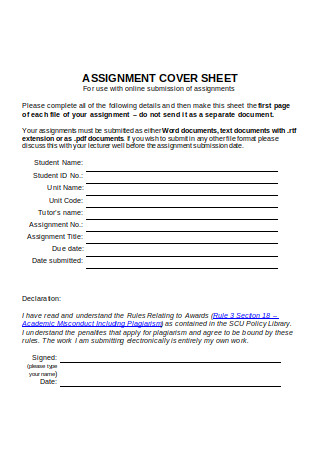
Simple Cover Sheet Format
-
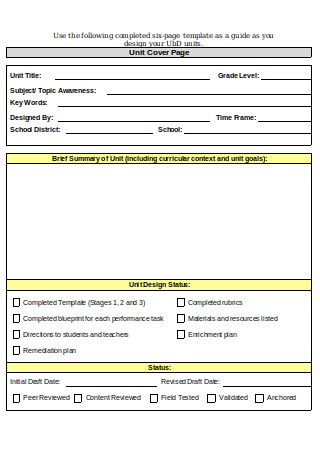
Unit Cover Page Sample
-
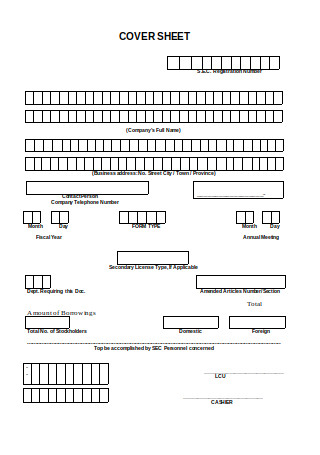
Regular Cover Sheet
-
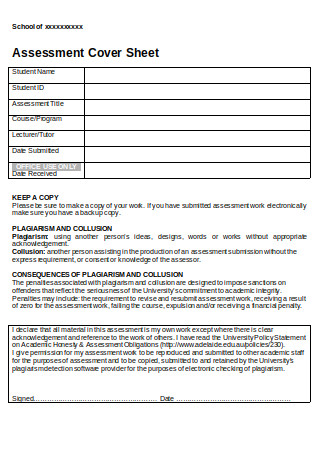
Assessment Cover Sheet
-
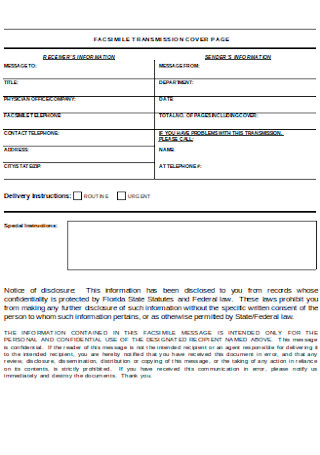
Medical School Fax Cover Sheet
-
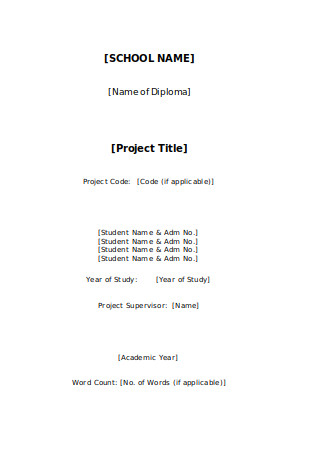
Student Projects Cover Page Template
-
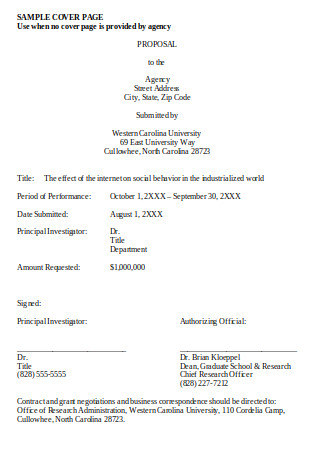
Sample Proposal Cover Page Format
-
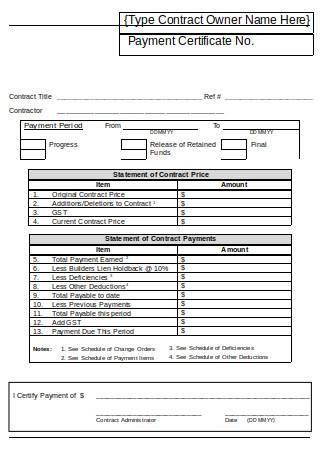
Payment Certificate Cover Page
-
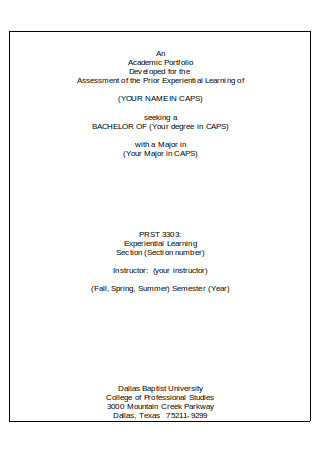
Assessment Cover Page Sample
-
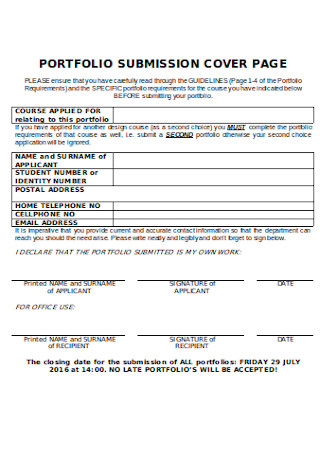
Portfolio Cover Page
-
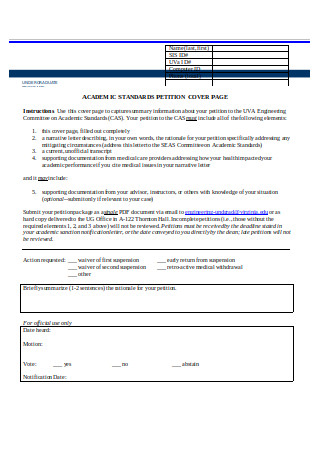
Academic Standards Petition Cover Page
-

Cover Page for Project Review
-
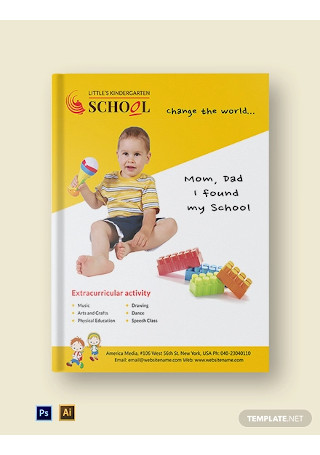
Kindergarten ebook Cover Page Template
FREE Cover Pages s to Download
50+ Sample Cover Pages
What Is a Cover Page?
How to Write a Cover Page
The Dos and Don’ts of a Cover Page
What Is a Cover Page?
As stated earlier, this is defined as the accompanying letter to one’s resume. Its general purpose is to compliment the job applicant’s resume by expounding upon his or her skills and qualifications. One can also expect it to be far more detailed and even a bit informal, presented in a direct and conversational format. Although it isn’t always a requirement for companies posting job vacancies, the submission of a cover page will enhance an applicant’s chances of landing an interview and eventually getting the position being applied for.
Jobvite, made a forecast back in 2018 that hiring efforts were expected to become more competitive throughout 2019 for at least 74% of recruiters. One can only expect this to continue as the years go by, meaning the submission of resumes without an accompanying cover page may lead to lower chances of applicants getting that increasingly elusive employment contract. A trend like this one is likely to be just one of many that will be on the rise, heightening the importance of having high-quality documents and letters like cover pages, recommendation letters, and others.
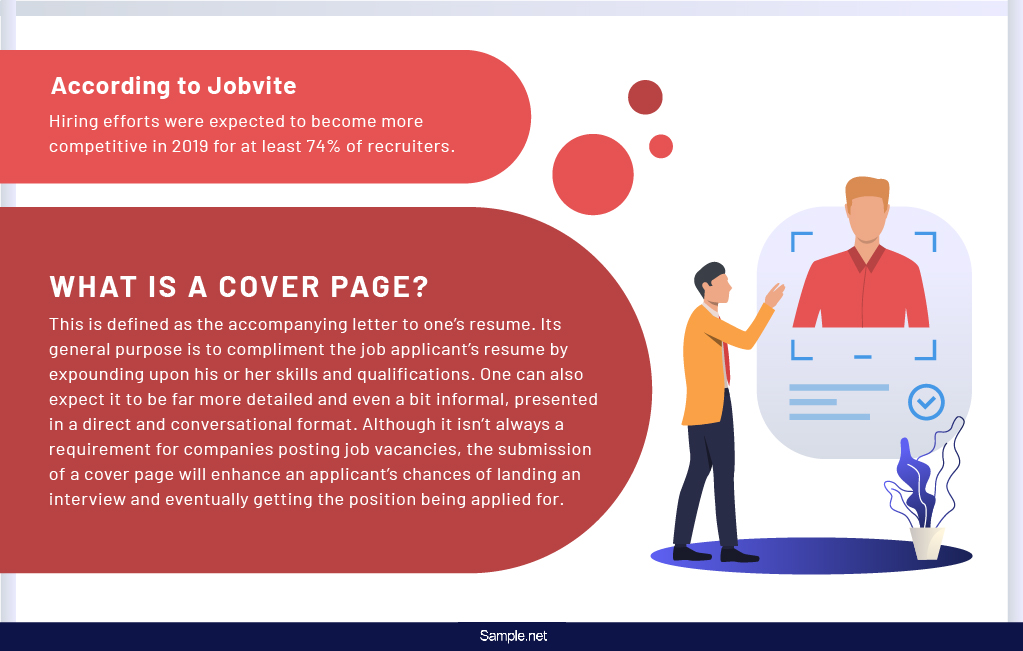
The Elements of a Cover Page
With the proper explanation and the appropriate examples on hand, now comes the part where we may begin to identify the common elements. Each cover page created for a job application is known to contain the following. To forgo one would be to lessen the effectiveness and overall quality of the document. Take a close look at each of these basic elements to better understand why each one is so crucial to the whole.
How to Write a Cover Page
Hot off the heels of the list of basic elements comes the general procedure that one can take concerning the creation of a cover page. The following steps are intended to serve as a guide and it is still worth noting that there are no hard and fast rules to writing cover pages. In truth, you are free to develop your own methods once you have attained the necessary confidence and skill. For now, use this to ensure an easier and quicker experience than any trial and error process.
Step 1: Begin With the Sender and Recipient Details
This first step will begin at the top of the page. On the upper left side is where the writer of the cover page will place the sender’s details. As stated before, this will include brief but significant bits of information in the form of one’s name, address, and contact number. From there, the date will follow and then the recipient’s details in that order. Writers need to take special care not to get anything wrong with these details to avoid any issues down the line.
Step 2: Continue With the Salutation
The salutation comes next and must be addressed to the right person. Those who are job hunting are often advised to do their homework and research the companies they are applying to for good reason. Non-specific salutations will signal the lack of effort on the applicant’s part. The fact that an applicant took the time to find out even minute details of the company is already a gleaming example of his or her character, so do yourself a favor and get the salutation right.
Step 3: Introduce Yourself
For the first part of your letter’s body, you need to introduce yourself to the reader in a way that catches his or her attention. Never start it with a boring opening line though. Recruiters are already aware of what you are after, so there’s no need to say that you are looking to apply for the specific job position. Take this time to mention and acknowledge the position but write it in a way that puts you in a more positive light. For example, if you are applying for a teaching position, you may introduce yourself by saying you’ve wanted to teach since childhood following the lead of your own favorite teachers. Doing it that way would be far more interesting and effective than just directly stating that you mean to apply for the teaching job.
Step 4: Describe Why You are Fit for the Job
To back up your application, you need to talk about why you have the necessary skills, qualifications, and attributes for the job. Just like with your introduction, you need to write this part in such a way that you come off sounding better and more interesting than just listing down your skills. Employ the “show, don’t tell” approach. For example, instead of saying “I am an experienced salesperson,” you can use anecdotal sentences like “For the last quarter, I increased our average sales by 25 percent.”
Step 5: Close Your Cover Page
The last step would be to come up with your closing remark. This can be done as quickly as a single sentence or it can be its own paragraph. For the closing remark, you may thank the reader for taking time out of his or her busy schedule to read your cover letter. You can also leave behind additional contact details for the recruiter’s benefit although this is not necessarily required. Finish it off by writing your name in the end. Those who choose to print hard copies of the cover page can also affix their signature on top of their printed names.
The Dos and Don’ts of a Cover Page
As with other documents like business brochures or community surveys, there are a lot of things that people should do for their cover pages and just as many things that they shouldn’t. It is always going to be a wise move on your part to look out for potential pitfalls because in doing so you save yourself from stinging rejections and failure. Without further ado, take a closer look at the following dos and don’ts of a cover page.
Dos
Do address the job announcement.
There should never be an attempt at writing a cover page that ignores or does not acknowledge the job announcement. Be sure to mention it at least once in your letter’s content. As always, the rule is to make what you write as interesting as possible, so factor the job announcement’s mention in a way that does not come across as too plain or boring. You do not want to say anything that the recruiter doesn’t already know so take this opportunity to get creative with your writing.
Do highlight the organization’s needs.
Put things in perspective by looking into what you can do for the organization instead of the other way around. When you highlight the needs of the organization, you reveal yourself to have a perceptive eye that any employer would want for their employees. Writing-wise, this can also be a way for you to set up your descriptions of your skills and qualifications. Does the company need someone with specific knowledge and experience within a certain field? Well, lucky for them, you just happen to be looking for a new job. Let your cover page transition smoothly from that point onward.
Do make realistic promises.
As much as you would like to talk yourself up as somebody who can solve whatever problem the company may have, it is essential that you do not exaggerate. Be upfront about your strengths and weaknesses by only making promises that you are capable of fulfilling. Few things are more disappointing to employers than being wildly impressed by a candidate during the application process only for the candidate to underperform and under-deliver later on. By being realistic, you make it easier for everyone to set fair expectations.
Do keep the cover page short.
According to The Muse, 70% of employers prefer a cover page that amounts to only half a page. This is highly understandable when you take into consideration the fact that employers and recruiters are constantly bombarded by resumes and applications. By keeping things as short as possible, you take up far less of their precious work hours. Lengthy cover pages are not only time-consuming but it may also contain a lot of boring rambling that would be too boring for anybody to take seriously.
Do make use of traditional formatting.
Certain styles and formats survive to the present day because of one main reason: they work. Although many people these days will endlessly preach about the virtues of thinking outside the box and standing out, it would be safer for you to stick to a cover page’s traditional format. If you really want to stand out, then do so with the cover page’s content. Leave the format alone and do not try to fix or change something that does not require any changing.
Don’ts
Do not have a boring opening statement.
One of the main rules to keep in mind for this kind of document is that boredom kills. It kills any interest that a recruiter or employer may have had in you as a prospective hire and it will certainly kill any chances of you getting what you want. If your opening statement is already boring then it will set the tone for the rest of your cover page’s content. Even if that isn’t the case and the rest of the content is actually amazing, first impressions still matter. The recruiter may decide not to read any further, so you need to hook them to your stuff early on or suffer nearly irreparable consequences.
Do not just repeat what your resume is saying.
One of the more overlooked mistakes made by cover page writers is that they tend to simply expound upon what is already being said in their resume. In theory, that is not such a bad idea, but in reality, it does not make for a good cover page. It needs to be said that the most effective and powerful cover pages are those that contain supplementary information that recruiters would not be able to find in the resume. These documents go hand in hand with one another, so if they are just saying the same thing then you are better off not writing a cover letter at all.
Do not include anything unrelated to the topic.
Remember the part where employers will choose short cover pages over long ones more often than not? The truth is that direct but impactful content will always be enough to help you get the job. Longer pages will only distract from your goal because many of them will contain passages or bits of information that is not needed. In your anxiety, you may believe that more is more. As a matter of fact, less is still more. If you have certain work skills or experiences that make you sound impressive in general but is not useful for the job you are applying for, then it would be better to save it for next time.
Do not use any jargon.
One thing that will help you get the job is if the documents related to your application are all easily understood. That means using the type of language that anybody reading the cover page would recognize and respond to. No jargon. You might think that showing off your technical knowledge here would benefit you, but it will only cause the opposite effect. For now, you just need to focus on your skills, qualifications, character, and how to make yourself sound as appealing as possible. Leave the more complicated terms out of your cover page.
Do not neglect to proofread.
Many recruiters frown upon cover pages that are not proofread. Typos can be quite glaring and it can reflect who you are as a professional. It will show the company that you are careless or lazy, which is far from the type of person that they would like to hire. Be on the lookout for any kind of mistake on your cover page for the best results.
As anybody can now see, the importance of a resume cover page is not something that people can just decide to overlook. It can be nuanced in ways that only those who have taken the time to review its elements, steps, and dos and don’ts can see. With this knowledge firmly at your disposal, there is no doubt that your cover page-writing efforts from this point onward will be marked by a vast improvement in terms of quality. Those who do not want to start from the very beginning will do just as well with templates. Just make it a point to thoroughly check for the parts within its pre-existing content to edit before printing it all out.
